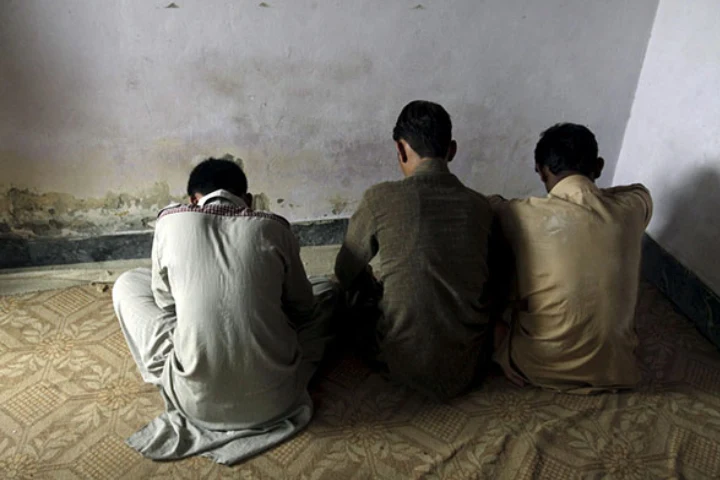Recent revelations of child sexual abuse by clerics and disturbing videos showing the brutal punishment of madrassa students shed light on the grim realities hidden within Pakistan's religious institutions, Dawn reports.
However, these horrors are not exclusive to Pakistan; Globally, totalitarian establishments including seminaries, the Vatican, and various educational and religious organizations have been implicated in systemic abuses.
Despite the seriousness of these crimes, the influence exercised by clerical authorities in Pakistan often shields religious institutions from accountability, leading whistleblowers, activists and survivors to walk a dangerous path toward justice, as Dawn's As stated in the report.
Over the past two decades, Pakistan has witnessed a disturbing shift in the approach to social development, from a focus on sanctifying development to appeasing Muslim sensibilities. This trend has compounded existing challenges within Pakistan's colonial and Islamic legal framework, increasing the stigma surrounding gender and sexuality, while elevating clerical authority above human rights advocacy.
Data collected by Sahil, an NGO dedicated to addressing child sexual abuse, reveals a disturbing trend: the majority of abusers are people known to the victims, such as acquaintances, neighbors or even That family members too. According to Dawn, what is shocking is that religious teachers and clerics have emerged as the primary culprits within institutional settings, even surpassing police officers, school teachers or nuclear family members in the number of complaints filed against them. Has been left behind.
Primary data is limited and organizations rely on media reports and police complaints but trends over the past 20 years show that the gender split of girls abused in madrassas is slightly higher than that of boys ('brutal numbers'). Meanwhile, cases like Qari Abubakar Muawiya, accused of raping a 12-year-old boy, underscore the widespread nature of abuse within these religious institutions.
Despite legal provisions mandating continued investigation and prosecution, survivors often face immense pressure to retract their statements, and the lack of accessible DNA forensics further hinders justice.
Institutional reform efforts within Pakistani madrassas have historically focused on curriculum and funding rather than addressing issues of institutional accountability. This neglect has allowed the cycle of abuse to continue unchecked, creating a culture of impunity in religious circles.
The situation has become more complicated due to the collusion of external elements. Western-funded projects purportedly aimed at promoting social change through faith-based approaches have inadvertently empowered clerics as community gatekeepers. Although these projects tout the importance of religious leadership in social movements, they fail to acknowledge or address the rampant abuses that occur within religious institutions.
The partnership between donors and clerics has only served to reinforce the power dynamics that enable abuses to flourish. According to Dawn report, clerical leaders, who have now become power brokers, pressure victims to withdraw charges and settle out of court, further eroding trust in the justice system.
Despite some legislative progress, such as amendments to rape and honor crime laws, Pakistan's legal framework remains rife with gender and religious biases. Family laws perpetuate inequalities, particularly regarding sexual maturity and early marriage, while social norms related to marriage and gender roles perpetuate the devaluation of girls and their vulnerability to exploitation.
The myth of the family as a safe haven perpetuates a culture of silence and personal disposal in cases of sexual abuse, leaving survivors traumatized for life. Additionally, the misconception that biology drives sexual violence obscures the reality of power dynamics and perpetuates victim blaming attitudes.
Feminist activists have been at the forefront of challenging these myths and advocating for the rights of survivors. The Aurat March movement has provided a platform for survivors to share their experiences and demand accountability for perpetrators. However, as Dawn reports, attitudes prevalent in religious, judicial and political circles continue to hinder progress, allowing criminals to escape justice.
PressNews24 provides latest news, bollywood news, breaking news hollywood, top tech news, business standard news, indian economy news, world economy news, travel news, mumbai news, latest news mumbai loksabha election 2024, video viral news, delhi news, Only at PressNews24.in






